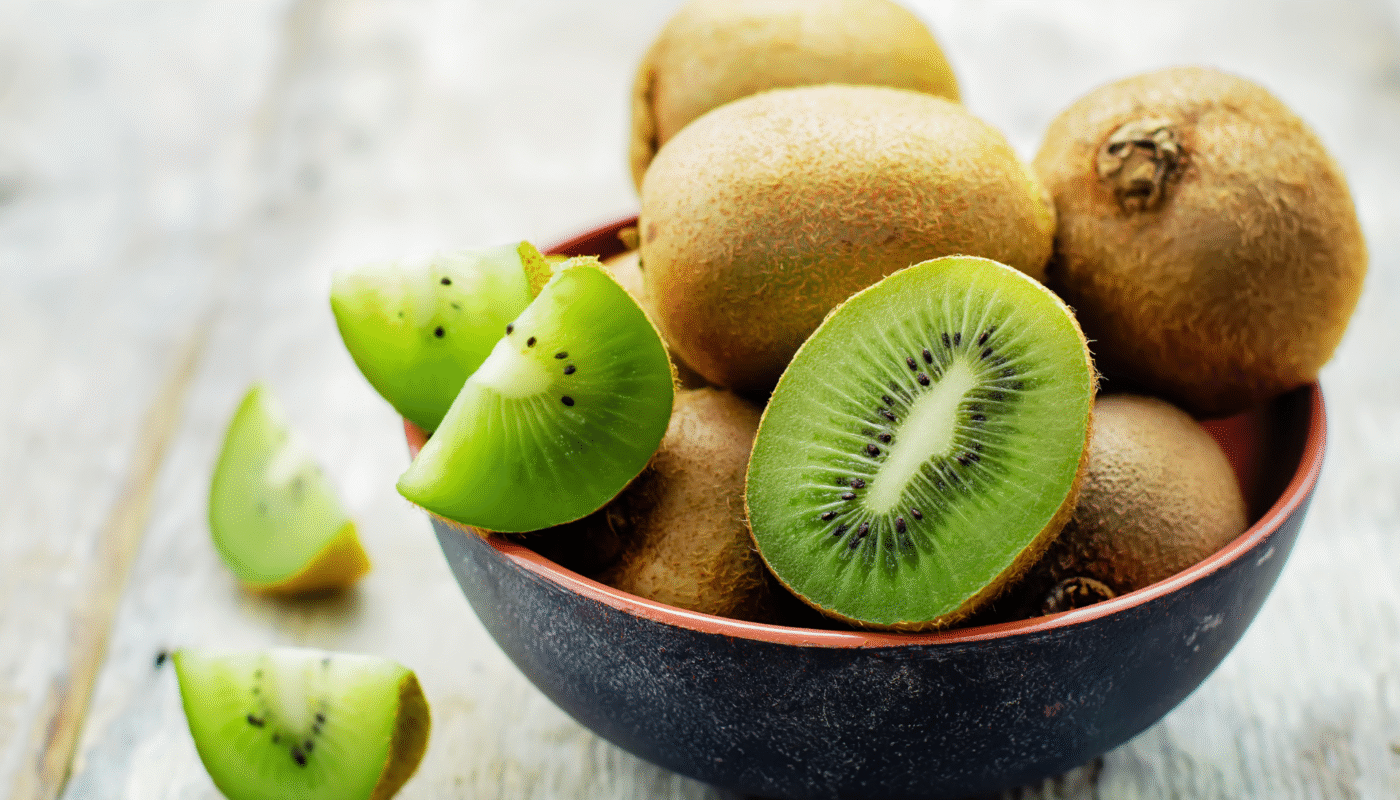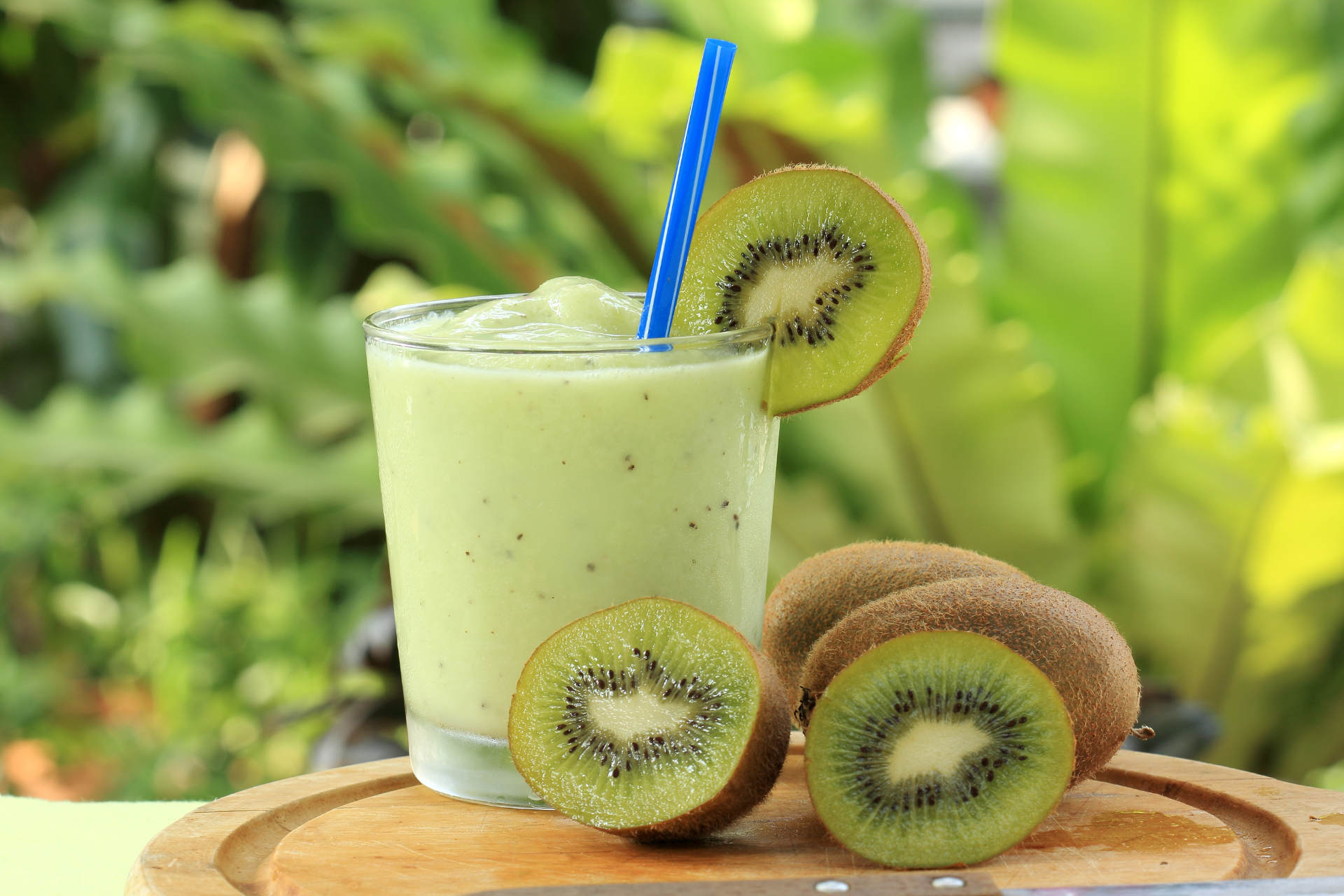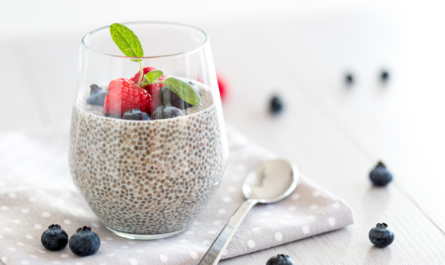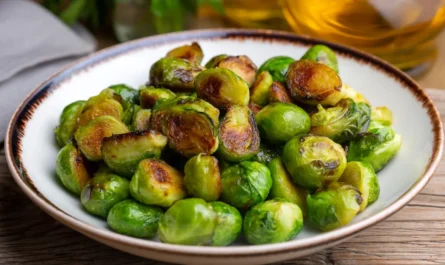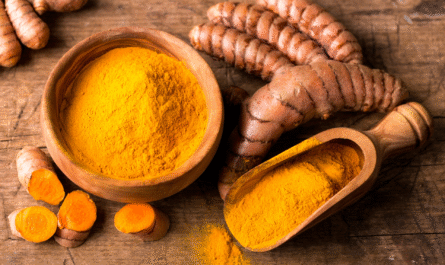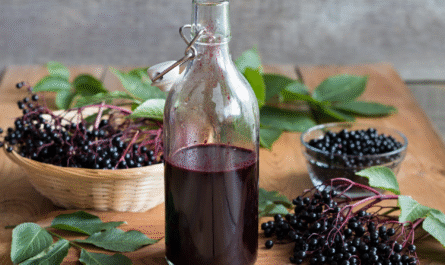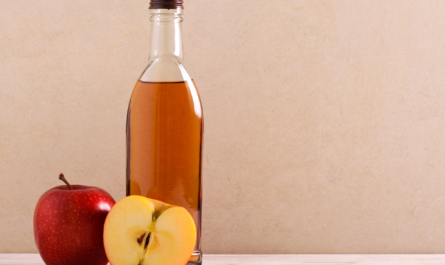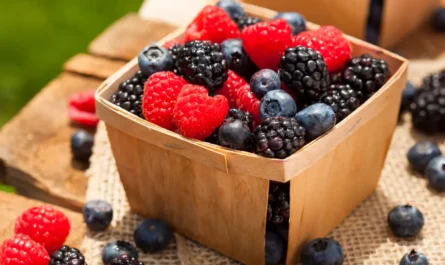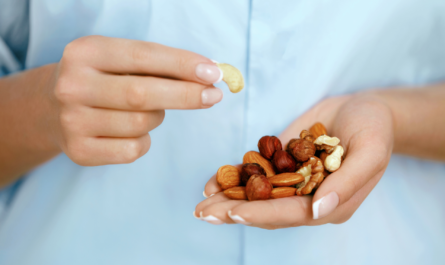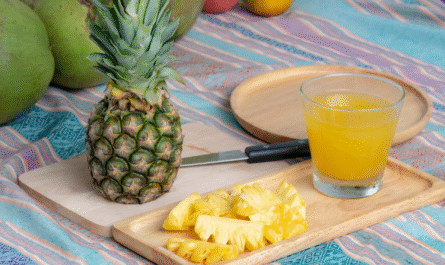For years, I overlooked kiwi. It was just that fuzzy little fruit I’d toss into a smoothie now and then, more for its bright color than any real purpose. But as someone deeply invested in gut health, both personally and professionally, I’ve come to see kiwi as a low-key powerhouse.
It’s not just about digestion in the basic sense; it’s about supporting a thriving, balanced gut ecosystem. And once I began incorporating kiwi regularly, the results, for myself and many clients, spoke volumes.
Gut health isn’t just about avoiding discomfort like bloating or constipation. It’s about how we absorb nutrients, regulate inflammation, and even balance our mood. The gut is central to so much of our overall health, and it responds to what we feed it. Kiwi, as it turns out, checks many boxes when it comes to nourishing the system. In this post, I want to walk you through exactly why I believe kiwi deserves a permanent spot in any gut-friendly lifestyle.
Why I Started Looking at Food Differently
My journey into gut health wasn’t purely academic, it was personal. Like many people, I dealt with years of vague symptoms: sluggish digestion, inconsistent energy, skin flare-ups, and mood swings I couldn’t explain. Nothing clicked until I started learning about the gut’s role as our second brain. That was the turning point. I stopped thinking of food as just fuel and started asking: How does this nourish my gut microbiome?
Once I made that shift, everything changed. I dove into research on the gut-brain axis and started testing foods not only for nutritional value but for their microbiota impact. One consistent pattern? The people who ate more gut-supportive foods, those rich in fiber, natural enzymes, and prebiotic compounds, experienced real, lasting shifts in their health. And kiwi kept appearing as a surprisingly effective tool in that toolkit.
It’s not hype. The gut is a complex, living system influenced by what we eat every single day. If we nurture it properly, everything from our immune system to our mental clarity improves. When I started using food as my first approach to gut repair, kiwi became a quiet champion, gentle yet potent.
Kiwi’s Nutritional Edge
Most people associate kiwi with vitamin C, and yes, it delivers, one green kiwi has more than your daily recommended intake. But that’s just the start. What sets kiwi apart is its balance of unique compounds that directly support digestive function. It’s rich in antioxidants, polyphenols, actinidin (a natural enzyme I’ll touch on more later), and both soluble and insoluble fiber.
Soluble fiber forms a gel-like substance in the gut, slowing digestion and helping regulate blood sugar. Insoluble fiber adds bulk and promotes regular bowel movements. Few fruits offer this kind of dual support. When I started analyzing kiwi’s nutritional profile with gut health in mind, I was impressed by how complete it was. And unlike fiber supplements, kiwi brings this all together in a natural, bioavailable package.
Beyond fiber, the natural enzymes in kiwi help break down food more efficiently, especially proteins. Plus, it’s low on the glycemic index, making it suitable for people managing blood sugar. In short, kiwi doesn’t just help digestion, it supports the entire process of nutrient absorption and gut environment balance.
Also Read: How To Wash Cherries To Remove Dirt and Pesticides, According to Expert
How Kiwi Helps You Stay Regular
Let’s talk about the bathroom side of gut health, because let’s face it, constipation is a daily struggle for millions of people. I’ve had clients try everything from fiber powders to hydration tricks with mixed results. When I introduced kiwi, usually two a day, the shift was often dramatic and consistent. It’s not just the amount of fiber kiwi contains, but the type.
Kiwi contains a rare combination of soluble and insoluble fiber in just the right ratios to improve stool consistency and frequency without harsh laxative effects. Soluble fiber feeds beneficial gut bacteria, while insoluble fiber keeps things moving. It’s a one-two punch that works with the body, not against it. Personally, I found kiwi more effective and gentler than psyllium or other fiber supplements.
It’s also worth noting how kiwi supports hydration in the gut. The fibers in kiwi hold water, which softens stool and eases elimination. In clinical trials, people who ate kiwi daily had measurable improvements in stool frequency and quality—without bloating or discomfort. That matters, especially for those with sensitive digestive systems.
The Magic of Actinidin
One of kiwi’s most underrated features is a natural enzyme called actinidin. It’s a proteolytic enzyme, meaning it helps break down protein into smaller, more absorbable components. If you’ve ever felt heavy or bloated after a high-protein meal, actinidin could be your digestive ally.
Most digestive enzymes on the market come in capsules or powders, but kiwi gives you a natural dose with every bite. What I love about actinidin is that it starts working right in the stomach, easing the load on your pancreas and supporting smoother digestion overall. Clients who struggle with sluggish digestion often report less bloating and faster gastric emptying when they eat kiwi regularly.
Timing matters, too. I’ve found that eating kiwi about 30 minutes before or after a protein-heavy meal enhances the effect. Some even use it as a natural “digestive aid” after dinner. While green kiwi contains more actinidin than gold varieties, both offer benefits. It’s a rare example of food functioning like a supplement, without the extra cost or complexity.
How Kiwi Feeds Good Bacteria
The gut microbiome thrives on diversity, of bacteria and of the foods that feed them. Kiwi contributes on both fronts. It’s rich in prebiotic compounds, especially pectic polysaccharides, that nourish beneficial microbes like Lactobacillus and Bifidobacterium. When these microbes flourish, everything from digestion to immune response improves.
In stool tests I’ve reviewed, adding kiwi to the diet often correlates with increases in microbial diversity and a drop in markers of inflammation. It’s subtle but powerful. Unlike harsh prebiotic supplements that can cause gas or bloating, kiwi seems to enhance microbial balance gently and naturally. It’s one of the few fruits I recommend even for clients with a fragile or recovering gut.
Another perk? Kiwi supports the production of short-chain fatty acids (SCFAs) like butyrate, which help maintain the gut lining and reduce inflammation. A strong gut lining means fewer toxins leak into the bloodstream, fewer immune overreactions, and better whole-body health. Kiwi helps keep that barrier strong.
Kiwi for IBS and Bloating
I work with many clients who live with IBS or chronic bloating, and finding foods they can actually tolerate, let alone benefit from, is a challenge. Surprisingly, kiwi often makes the cut. Its fiber is well-tolerated, and its enzyme profile can ease digestion instead of irritating it. That’s rare for a fruit.
Several clinical studies have shown that kiwi can reduce constipation, abdominal pain, and bloating in people with IBS. One study in particular showed that just two green kiwis a day improved stool regularity and reduced discomfort without triggering flare-ups. From my own experience, I’ve seen similar results with sensitive clients.
That said, no food is universal. For individuals with severe histamine intolerance or very specific FODMAP sensitivities, kiwi might need to be introduced slowly or avoided. But for the majority, it’s a safe and soothing addition—one that doesn’t just manage symptoms but helps repair the gut over time.
How I Include It in My Daily Gut-Health Routine
I treat kiwi as part of my gut health toolkit, not a miracle cure, but a daily support habit. Personally, I eat two kiwis in the morning, often alongside chia pudding or a probiotic-rich yogurt. The enzymes and fiber get digestion going without needing coffee or supplements. It’s one of the few rituals I never skip.
Consistency is key. While you might feel some improvement after a day or two, the real magic of kiwi happens when you stick with it. I usually suggest a minimum of 14 days to evaluate results. Some clients add it to smoothies, others eat it as a mid-morning snack. The skin is edible too, though it takes some getting used to. That’s where even more fiber and antioxidants live.
If you get bored with plain kiwi, try it grilled, in salads, or frozen into cubes for iced water. The goal isn’t to force it but to integrate it into a routine you enjoy. That’s the only way gut health habits actually last.
Final Thought
One thing I’ve learned working in gut health: there are no overnight fixes. But there are daily choices that compound into powerful change. Kiwi is one of those choices. It’s simple, accessible, and incredibly effective when eaten regularly. Not many fruits offer that kind of return.
If your goal is better digestion, reduced bloating, stronger immunity, or even better mood stability, your gut is the place to start. Kiwi alone isn’t the answer, but it’s a potent tool in a broader strategy. It helps regulate, repair, and nourish your gut from the inside out.
So if you’re looking for something easy, natural, and effective to improve your gut health, give kiwi a chance. Your body will thank you.
FAQs
Both are beneficial, but green kiwi has higher levels of actinidin and slightly more fiber. Gold kiwi is sweeter and gentler for very sensitive stomachs. Many people notice improvements in regularity within 3–5 days. For full gut microbiome support, I recommend sticking with it for at least 2 weeks. Absolutely. Kiwi is safe and effective for all ages. It’s especially helpful for older adults who struggle with slow digestion or limited fiber intake. For most people, no. But in rare cases, kiwi may cause irritation for those with latex allergies or oral allergy syndrome. If you’re unsure, start with a small amount. Is green or gold kiwi better for gut health?
How soon can I expect results in my digestion from eating kiwi?
Can kids or elderly people benefit from kiwi for constipation?
Are there side effects of eating kiwi every day?

